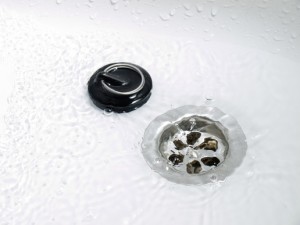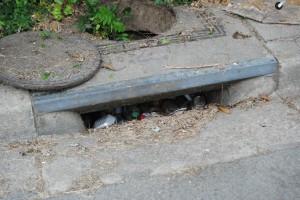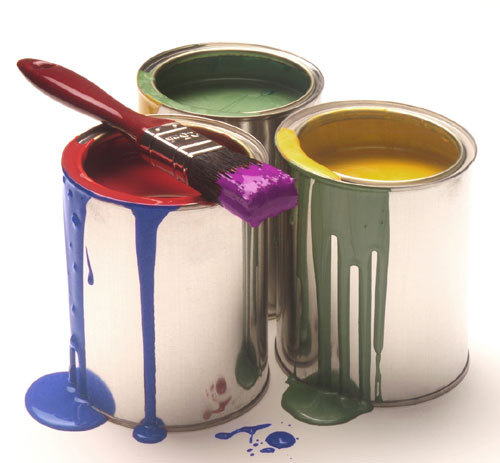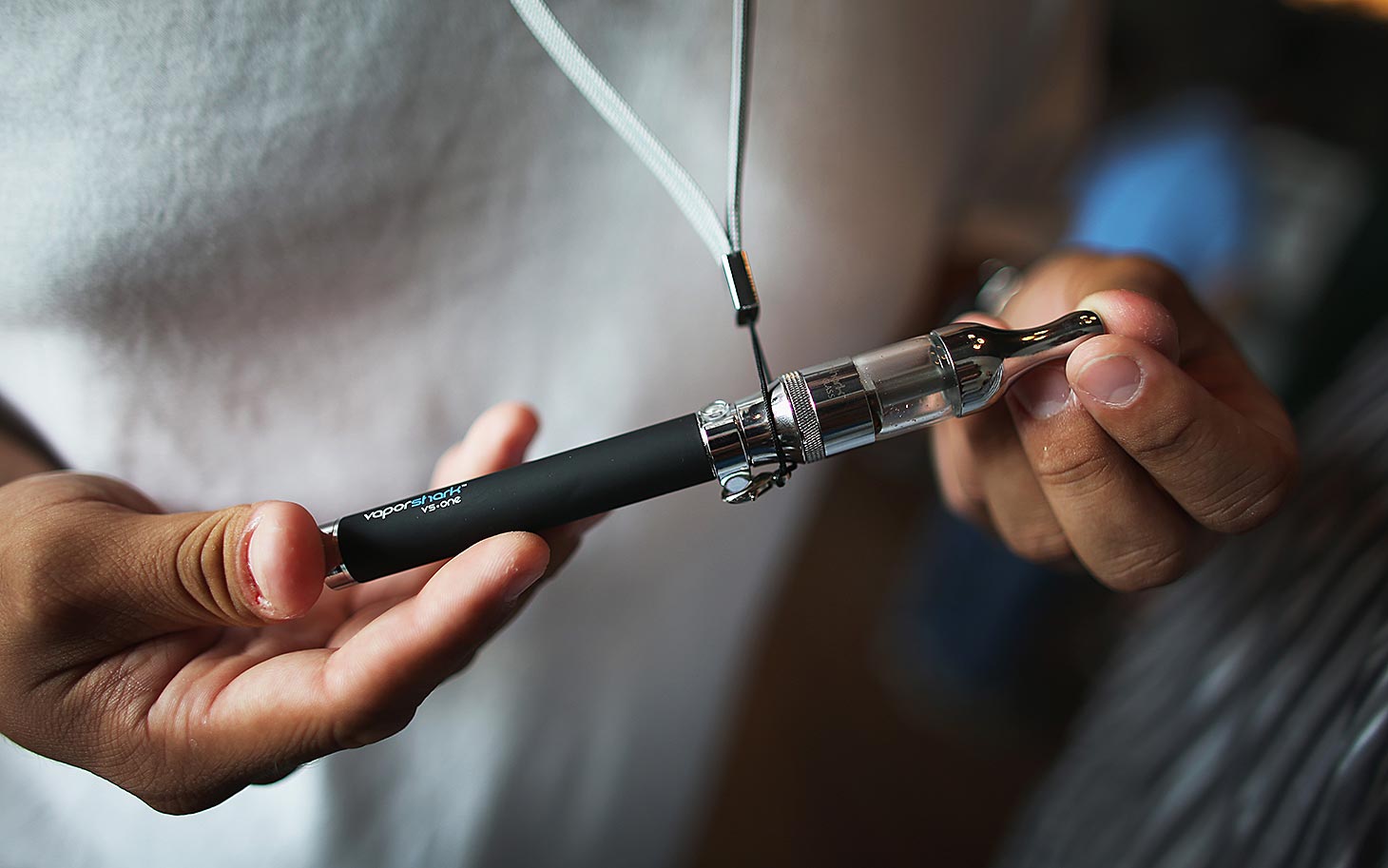 There’s no denying it … its true, damp wipes and other similar products are causing and producing more blocked drains year by year.
There’s no denying it … its true, damp wipes and other similar products are causing and producing more blocked drains year by year.
Flushing items them instead of binning them, almost always triggers a clog or overflow.
Current figures launched by Thames Water, the UK’s largest water and wastewater services company, reveal that approximately 3,500 blocked drains a month, throughout London and the Thames Valley, are triggered by damp wipes alone, which can cost up to 12 million every year to clear.
United Utilities has actually reported that they clearover 50,000 blocked drains a year, numerous of which are caused by wet wipes being flushed and disposed down the toilet.
The expense of clearing a clog is not simply being footed by water and wastewater business though. If a blockage occurs in a domestic property it is the owner’s responsibility and they are in fact the ones who need to fix the problem, in addition to pay the expense.
Drainage companies have actually acknowledged an increasing quantity of calls originating from domestic clients who are experiencing blocked drains and are not able to flush their toilets. In city locations, such as towns and cities the trouble is substantially even worse.
Wet wipes and tissues do not break down when flushed like standard toilet paper but in reality stay as whole sheets which are exactly what cause obstructed drains as they are not cleared from drain and into the sewer system.

Clogs can be exceptionally undesirable and can even casue spilling out into people’s homes and yards. This is especially typical in older homes, such as Victorian constructs, where bigger quantities of water are produced when flushing due to the setup of wider pipes feeding into the toilet.
The trouble with wet wipes and other items is that they can slowly build up, producing a blockage.




